By Mok Ying Ren
Ed’s note: Mok Ying Ren shares a first-hand account of his run at last Saturday’s Tokai University Time Trials in Japan where he set a men’s national 5000 metres record of 14 minutes, 51.09 seconds (pending ratification by the Singapore Athletic Association).
Japan, Saturday, May 29, 2011 — Saturday’s meet was my best race experience so far in my running career. Each race gives me a different experience and satisfaction and I just enjoy it. Before I continue further, let me tell you that one will never know what distance running is all about until you have visited Japan and experienced the running culture there.
It is simply AMAZING and no words can describe it. Thanks to my training partner Jason Lawrence, I had the chance to experience it first-hand. Let me relive what happened.
Jason arranged the train ride to Tokai University and we managed to reach there safely two hours before the race. I had a nice warm up 50 minutes before the race started at 5:20pm, and did some jogging on a muddy patch of barren land under the trees behind the track as it was raining and I didn’t want to get wet.
I was actually just looking in awe at the Japanese university runners who looked all so professional and seemed to know what they were doing really well. So I used their warm up route for about 15 minutes in my track suit. It was cold. The temperature was 21.3 degrees with 85% humidity. I did some stridings on the road after the light jog.
At 5pm, Jason wished me well and I reported for the race next to the start line. I changed into my spike shoes and did more stridings. To my surprise, the track seemed to be in a bad shape on the outer lanes. It was stiff and my spikes could not grip into the ground.
Interestingly, the track in lanes one and two was different – it was soft and my spikes gripped beautifully. It may be due to economical reasons that only these two lanes were repaved.
My number was 18, the last one, in this last heat of the day and I was right on the outside lane. I felt calm and excited to race. I remember what my training partner told me before the race – to treat this as a race and not as an attempt to break the national record. The time will come naturally if I race well.
I know I have the ability to race well. My previous races have shown that I do well when I race. I have raced against Kenyans at the Bareno Half Marathon and clocked a new personal best of 1 hour and 8 minutes, beating two Kenyans along the way. Thus, as long as I race and try to finish as high up in the rankings as possible, the record will most likely be broken.
The gun went and I was swarmed by all the Tokai University runners in blue. The feeling was surreal and my mind changed to a “target and kill” mode. I noted that the university runners from the previous heats always started slightly too fast, and thus I just tucked in. I was fifth from the back for the first 100 metres but I allowed the others to get ahead of me and by the end of the first 200m, I was 18th out of 18 athletes.
I targeted the runner right in front of me whose number tag was ’11’ (Ryo Koizumi). I told myself that it was a nice number as I attempted to convince myself that this was a sign that everything was coming into place and I would do really well today.
As we ran past the start line at the completion of every lap, a Japanese coach would shout out the lap splits. I kept hearing “nanajiu-ichi”, meaning 71 seconds (When I was a student at Raffles Institution, I learnt Japanese as a third language for two years before discontinuing the course). Everything felt in control and the 71 second-splits felt easy! (a total time of 15:00 will require completing each lap in 72 seconds on average.)
When racing, it is very important to be alert with the movements in the group. As a swimmer who trained in a club environment previously, I was good at covering gaps and knowing when a runner was going to drop off. By the sixth lap, my target runner, Koizumi, made a break for the front and left my group behind.
I checked my splits at the two kilometre-mark and noted that I was still ahead of pace for a national record, and decided not to go on with him. However, I quickly assessed the condition of the other runners in my group. It was obvious that some of them were getting tired of the 71s laps and were about to drop off soon.
Before a gap was made by these runners, I moved ahead and eased in front of them. Psychologically, these runners would naturally ease back as they would feel more comfortable with more runners ahead of them.
After 3km, I was wondering when the fatigue, which I had experienced when doing the time trials in Singapore, was going to come. I was hesitant to go any faster with each passing lap, although I felt really fresh, as I was afraid that the fatigue would pop up like a jack-in-a-box, like how it did during my 15:06 run in Singapore.
With 2km to go, Jason was shouting so loudly like I already had the record in the bag. I wanted to tell him, “Let’s not be too happy yet! The bomb may drop on me any time soon!” But I kept covering gaps and with 1.5km to go, I was 20 metres behind Koizumi and in fifth position. I was still hesitant to push harder and kept pace at “nanajiu-ichi” for each lap. The gap between me and Koizumi was maintained.
The bell lap came, and Jason was shouting like a crazy man at the side of the finish line. I could hear his excitement and I felt the same way too. I was way ahead of the national record pace and I was feeling absolutely fantastic. I knew that I would still break the record, regardless of how hard the fatigue would hit.
I shifted up to my final gear and made my way around the final lap. Koizumi was getting close but he, too, had another gear. He finished in a time of 14:48, while I set a new men’s national 5000m record time of 14:51.09s. I finished in fifth position.
Jason and I basically went crazy over the record time finish!
It was indeed a successful trip to Japan.
Acknowledgements:
– Jason Lawrence, my training partner, advisor and manager for this trip
– Tokyo Harriers Running Team and the team coaches Taro and Tomoko for providing accommodation for the first two nights.
– Brett Larner, chief editor of Japan Running News, for great company and encouragement.
– Mika, Brett’s wife, for taking a video of the race.
– Takashi-san, Jason’s friend, for providing accommodation for the next three nights.
– My friends and supporters in Singapore who have been cheering for me at all my races.
– My family who are always there to support my endeavors.
– My girlfriend, Dinah, who cheers for me in her heart everywhere I race.

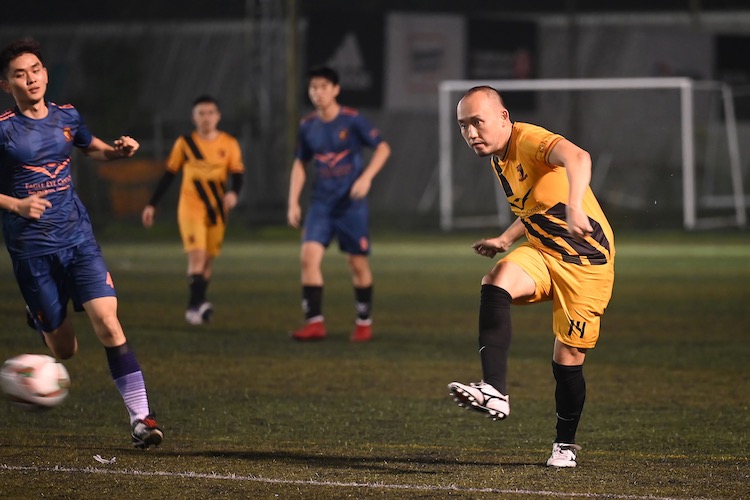
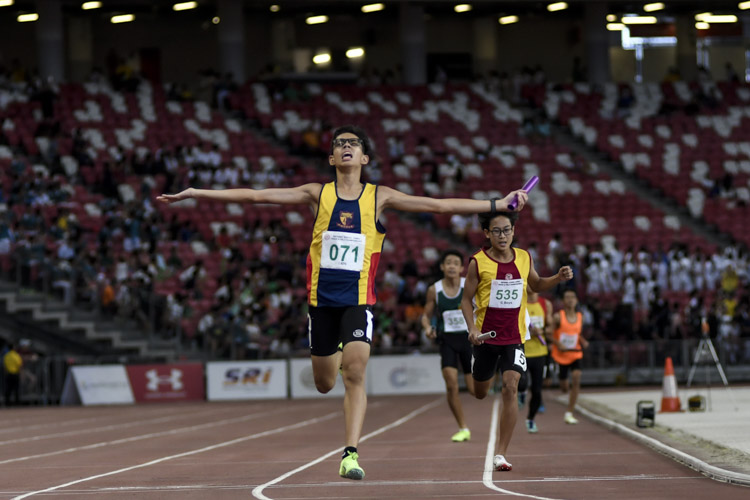
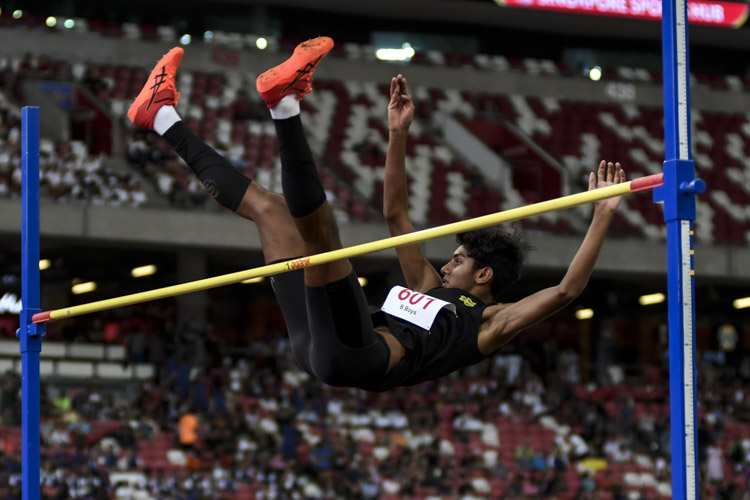
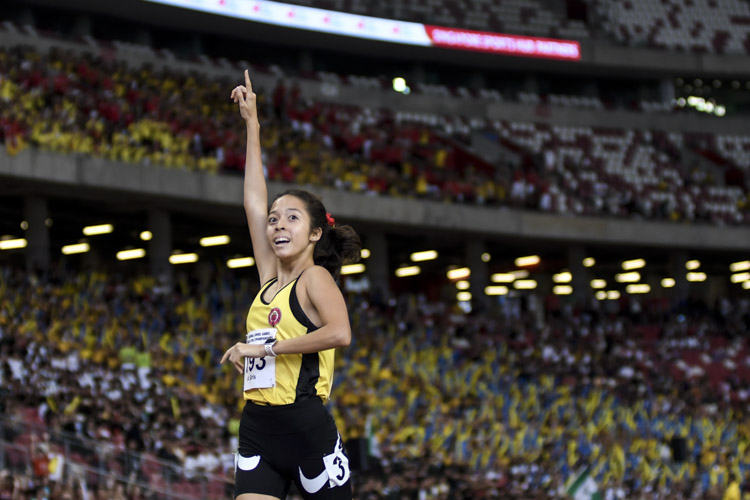
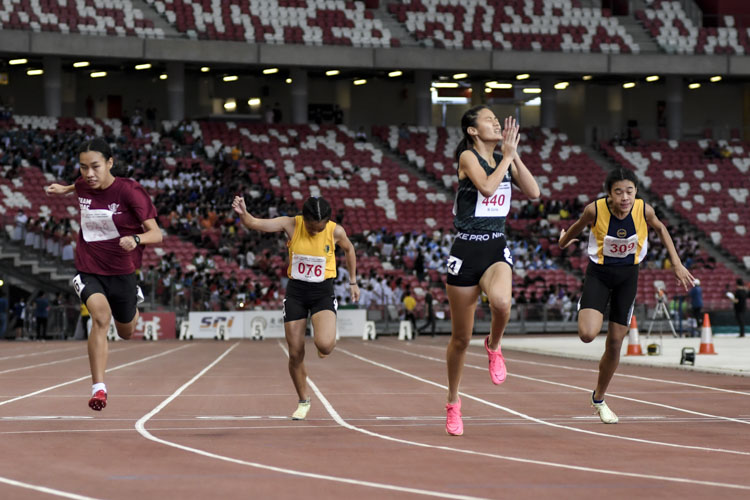
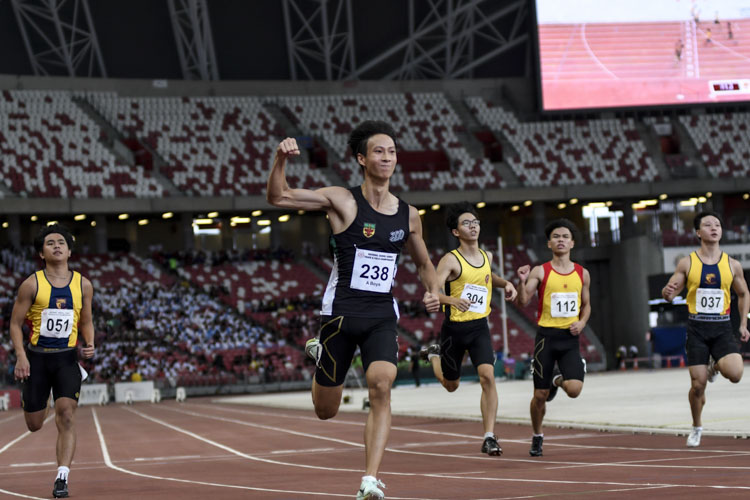
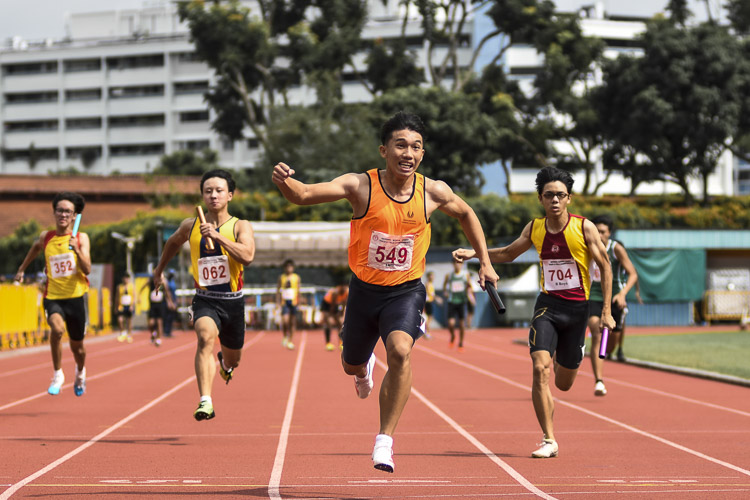
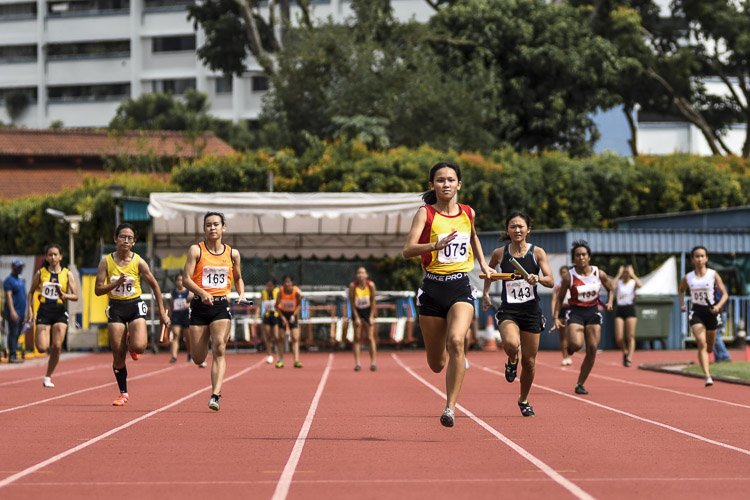
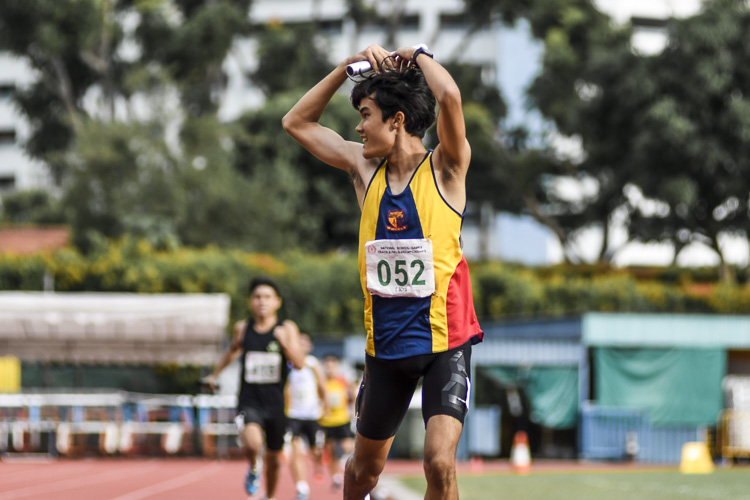
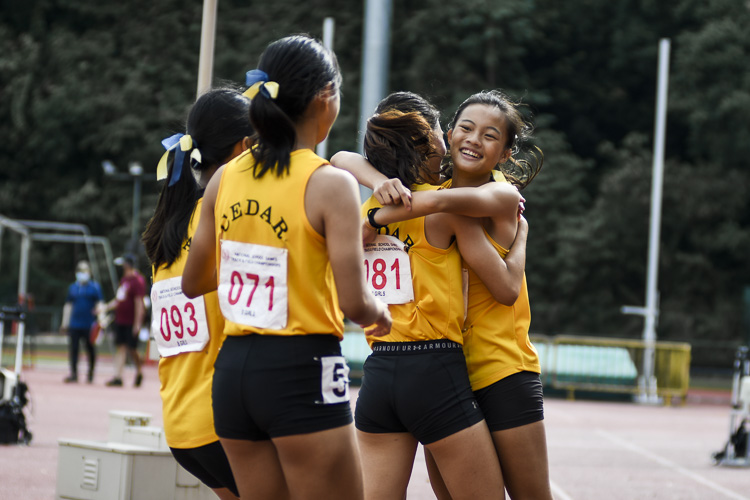
Hi Mok Ying Ren, congratulations on your national record. However I do believe you should make another attempt at going faster in the 5000m. You mentioned you felt absolutely fantastic right till before the last lap, so I wonder if you might have gone much much faster, like maybe 14:41 if you pushed every single lap, the weather is cool in japan, so you might not feel the fatigue like a jack-in-a-box when you ran 15:06 in singapore 🙂
Good luck for you!
Do u need to be a singaporean to break this national record?
Great Job!!!!! You made me proud to be a Singaporean:) Jia you